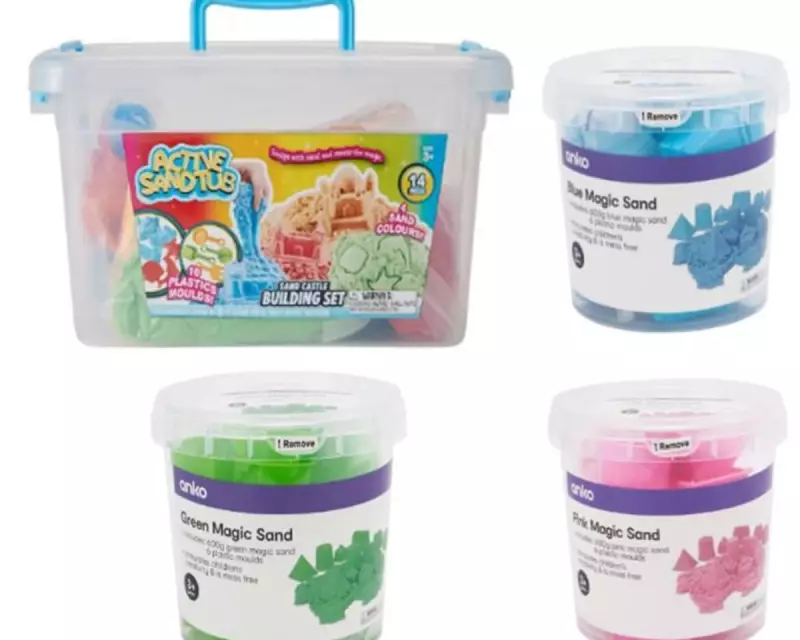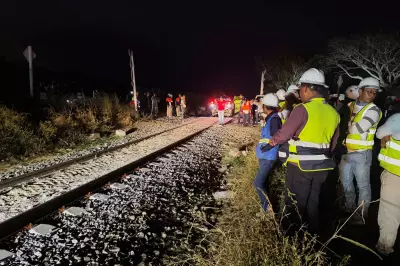
Widespread Recall of Children's Play Sand Over Asbestos Fears
Education facilities across New Zealand and Australia are facing significant disruption after several brands of coloured play sand were found to be contaminated with asbestos. The discovery has prompted a major product recall and forced multiple schools to close temporarily while safety testing is conducted.
Expanding Product Recall and School Closures
New Zealand's Ministry of Business, Innovation and Employment confirmed a voluntary recall is underway for six coloured sand products following testing in Australia that detected asbestos in similar items. The recall initially involved two brands but was expanded on Saturday after the Faculty of Asbestos Management of Australia and New Zealand identified tremolite asbestos in four additional products.
The contaminated items include the 14-piece sandcastle building set and the blue, green and pink Magic Sand sets, all sold at major retailer Kmart. Ian Caplin, the ministry's product safety spokesperson, warned that testing of similar products continues, meaning more items could be added to the recall list.
The impact on education has been substantial. New Zealand's Ministry of Education reported that as of Sunday, 150 schools and 90 early childhood centres had sought official advice. While the ministry couldn't immediately confirm how many facilities closed on Monday, several schools announced temporary closures through their websites and social media channels.
Precautionary Measures and Health Guidance
Clearview Primary in Rolleston, South Island, informed parents it would close for up to three days "out of an abundance of caution" while classrooms undergo professional asbestos testing. Similarly, Tuia Burnside Primary School in Christchurch closed on Monday, citing WorkSafe advice to take precautionary measures.
Despite the concerning discovery, authorities have sought to reassure the public about the actual risk level. Tremolite asbestos is a naturally occurring form, and the Australian Competition and Consumer Commission stated that respirable asbestos hadn't been detected in their samples. The release of fibres is considered unlikely unless the sand is crushed or pulverised.
Nevertheless, officials in both countries have advised education providers and individuals who purchased the products to immediately stop using the sand and follow specific disposal guidelines. Sean Teddy, education ministry spokesperson, acknowledged parental concerns and recommended contacting Healthline with any health worries about children who may have encountered these products.
The situation mirrors developments in Australia, where more than seventy public schools and preschools in the Australian Capital Territory closed following the asbestos alert. As investigations continue, parents and educators remain vigilant about ensuring children's safety amid the unfolding product safety concern.





